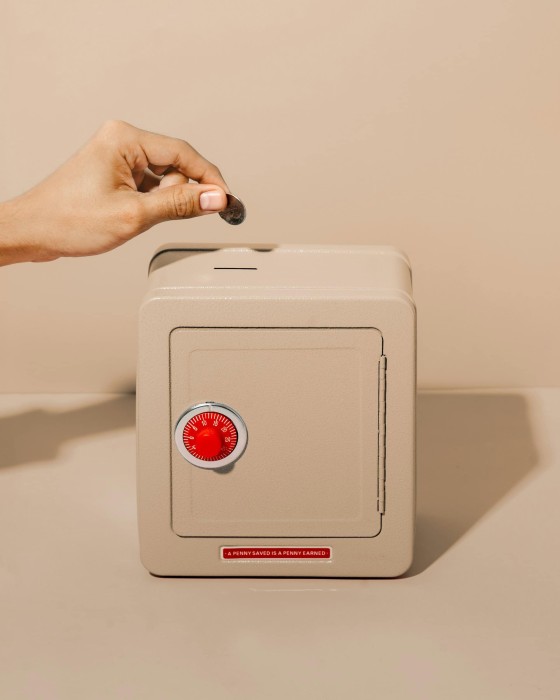
Managing finances requires careful planning to achieve financial stability. Here are four priorities to consider in your financial plan to ensure a safe cash flow and a peaceful life.

Photo source by Unsplash+

Photo source by Unsplash+

Photo source by Unsplash+












